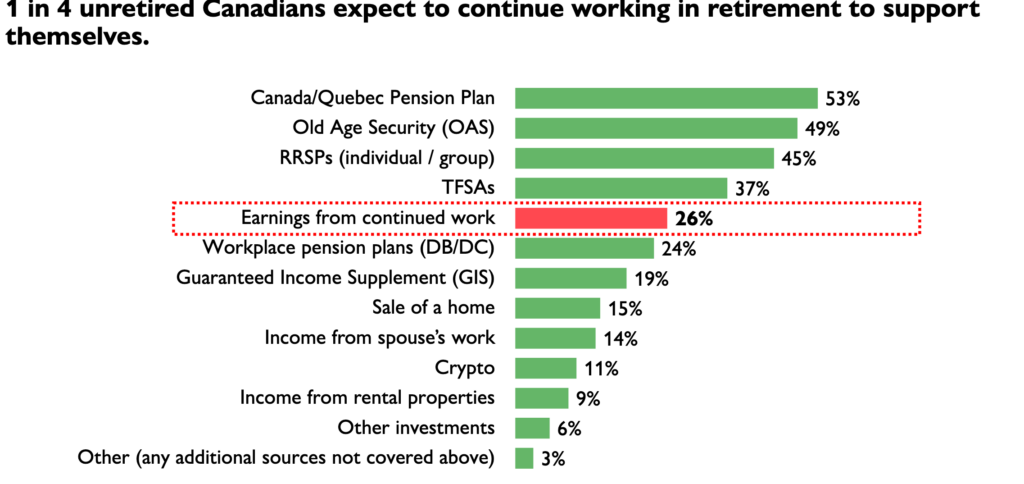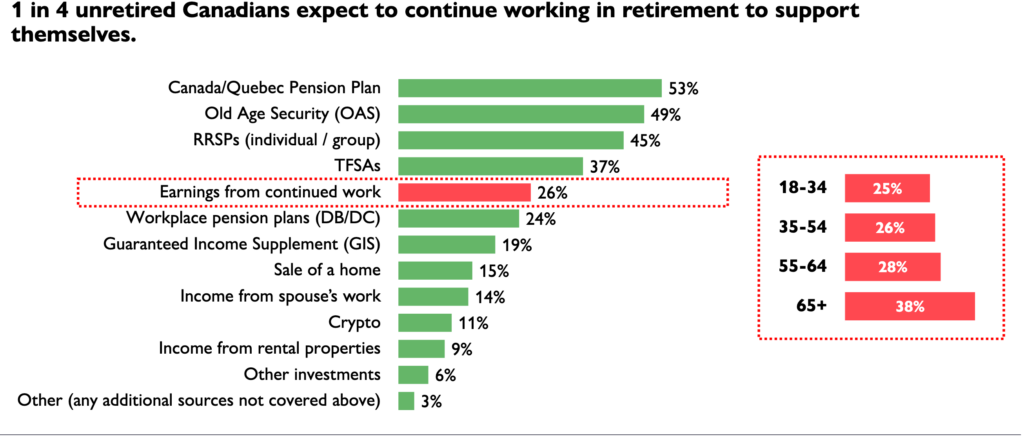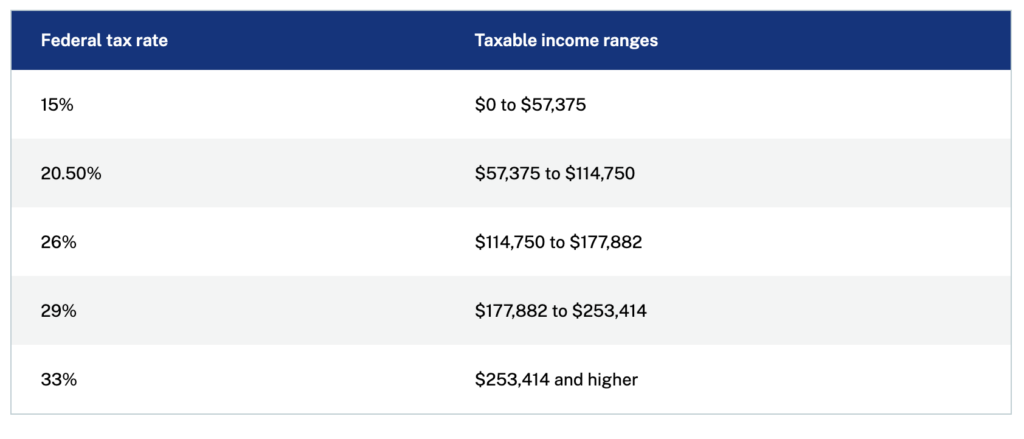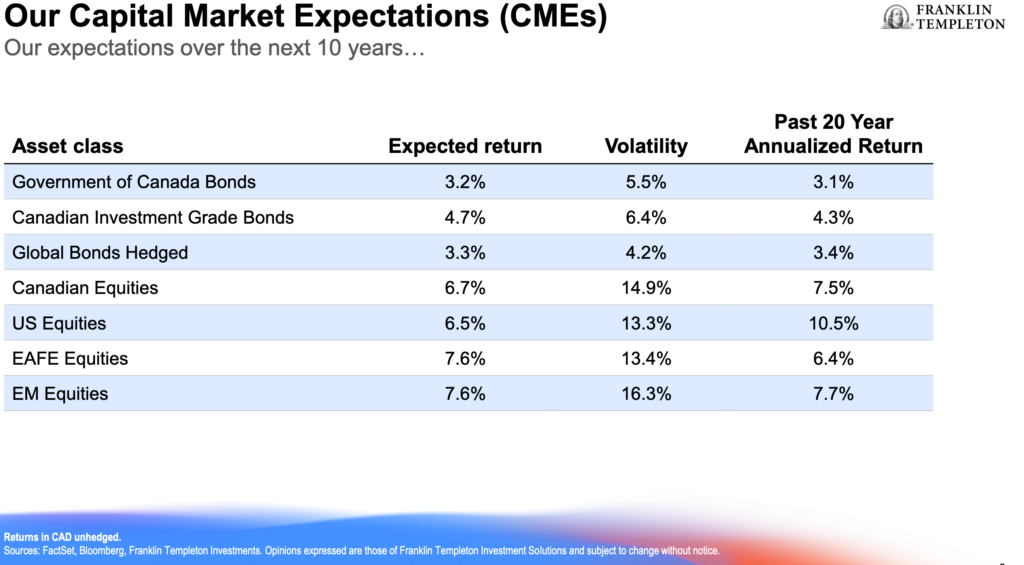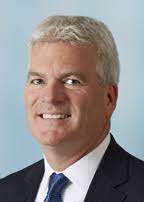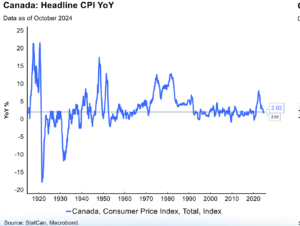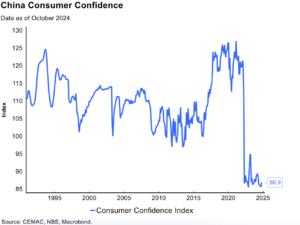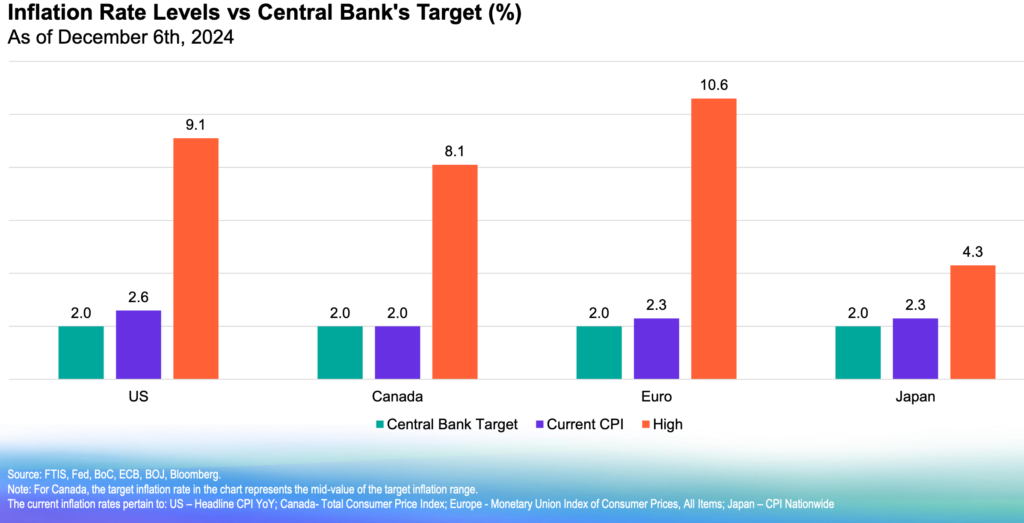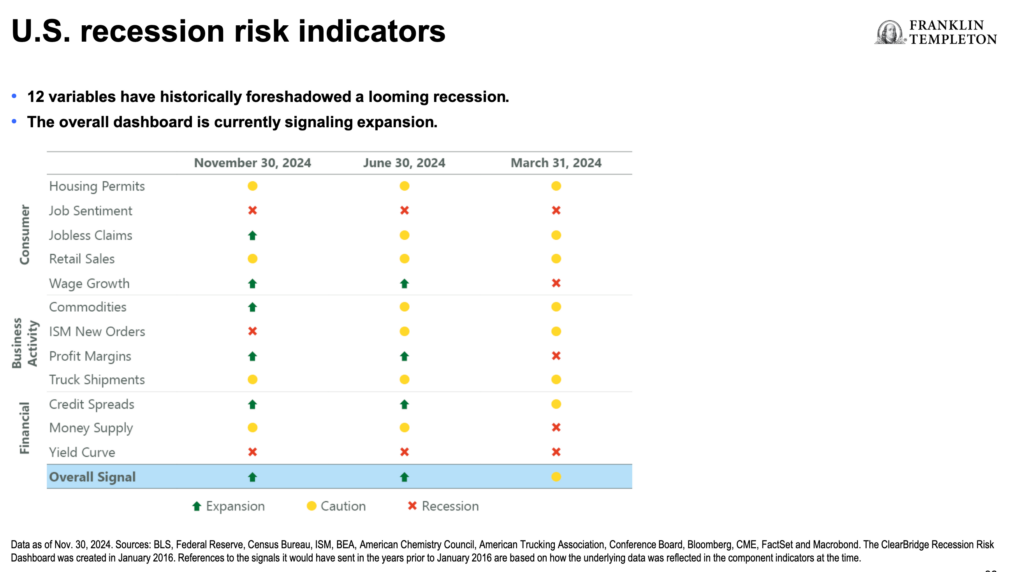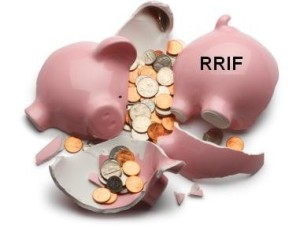 My latest MoneySense Retired Money column has just been published and covers something that was a new experience for me: starting and managing a RRIF or Registered Retirement Income Fund.
My latest MoneySense Retired Money column has just been published and covers something that was a new experience for me: starting and managing a RRIF or Registered Retirement Income Fund.
You can find the full column by clicking on the highlighted headline: How to make sure you have enough money to fund your RRIF withdrawals.
At the end of the year you turn 71, those with RRSPs are required either to cash them out (not recommended from the standpoint of taxes), to to annuitize orto convert it into a RRIF, or Registered Retirement Income Fund. The latter is the most popular action and recommended by experts like The Successful Investor’s Patrick McKeough.
However, as I’ve discovered since my own RRIF started up this past January, the sweetness of the RRSP tax deduction over the decades is offset by the sourness of having to pay taxable withdrawals on your new RRIF.
In my case, I am a DIY investor who uses one of the big-bank discount brokers to self-manage the taxable distributions and to manage the remaining investments, most of them carryovers from the RRSP. While accumulating funds in an RRSP is a matter of making annual contributions and reinvesting dividends and interest, a RRIF represents a departure from the psychology needed to build an RRSP for the future. Suddenly, regular selling is necessary. The RRIF rules mean that in the first year you’ll have to withdraw something like 5.28% of what your balance was at the start of the year (rising to 5.4% at age 72 and every upwards each passing year).
Payments can quarterly, monthly or any frequency you choose
If you choose monthly payments, as I did, that means every month you have to have 1/12th of the required annual distribution in the form of ready cash to be whooshed out monthly on whatever date you specify. As most retirees will be getting other pensions near the end of the month, I chose mid-month for the RRIF distribution. You also need to choose the percentage of tax you wish to pay to Canada Revenue Agency: I picked 30%, which automatically leaves your account each month. The remaining 70% transfers out into your main chequing account, ideally at the same financial institution where the RRIF is held: It’s easier that way.
Setting regular tax payments
You also need to choose the percentage of tax you wish to pay to Canada Revenue Agency: I picked 30%, which automatically leaves your account each month. The remaining 70% transfers out into your main chequing account, ideally at the same financial institution where the RRIF is held: It’s easier that way. Sure, you could set the tax at 10% or 20% but if you have other sources of taxable income, like taxable dividends and other pensions, I’d rather not have the unpleasant surprise of a larger-than-expected tax bill a year from April. Once you have a year of RRIFing under your belt, you may see fit to adjust the 30% upwards or downwards. Continue Reading…

